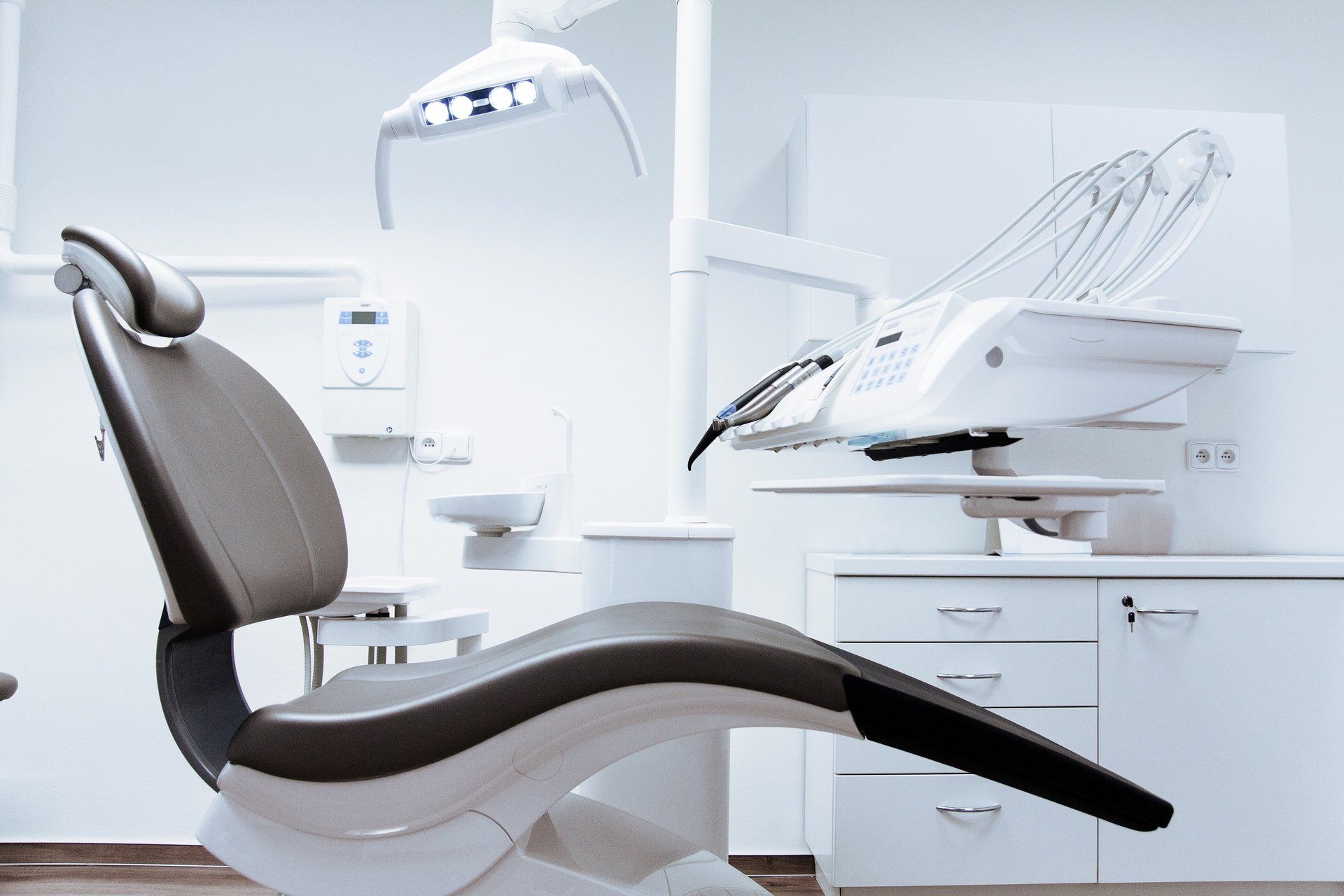Dental Practices That Install Video Surveillance Cameras Need to Carefully Balance Security With Patient Privacy Rights
Like every other business, dental offices are vulnerable to criminal acts or disruptions that could put both people and property at risk. Whether it be burglary or vandalism that costs a practice tens of thousands of dollars or a random act of violence that causes incalculable losses, the potential for such incidents has led most dental practices to institute a variety of security measures to protect their patients, employees, and facilities. For many practices, this includes the installation of video surveillance cameras inside and outside their offices. But the added security provided by these cameras can also come with unanticipated risks if they violate the privacy of patients and/or their medical records.
The danger that security cameras may run afoul of patient privacy rights is most acute if those cameras record audio as well as video, and if they are placed in areas where patients reasonably expect privacy, including in treatment areas.
While laws regarding video and audio recordings vary from state to state, the fundamental concerns regarding surveillance cameras are the same everywhere and are two-fold:
- Violating a patient’s (and employee’s) reasonable expectation of privacy
- Violating HIPAA and other obligations regarding protected health information (PHI)
Patient Expectations of Privacy
There are some areas of a dental office where a “reasonable expectation of privacy” is a no-brainer, such as restrooms and changing rooms. Do not install cameras in such locations. But patients likely have a similar expectation in private treatment rooms or operatories. If cameras are to be used in these areas, the patient should be advised in advance and sign a consent and release form agreeing to their use. If a patient, for whatever reason, does not consent, disable the camera or cease recording during the course of treatment.
Employees also have a reasonable expectation of privacy, at least in areas like breakrooms or lunch rooms. Inform all employees, in writing, that cameras are in use. You do not need their permission, but you do need a signed acknowledgment, which you should keep in their employee file.
In all circumstances, patients and employees alike should be given notice that your office is under video surveillance; surreptitious recordings or hidden cameras are ill-advised. In common areas like reception areas and waiting rooms, place signage stating that there is a nearby security camera in use. This discourages claims that someone reasonably expected the area to be private and supports a legitimate purpose — safety and security. Additionally, have a consistent policy on how recordings may be used and how long they will be kept.
Many states have strict laws against eavesdropping such that audio recordings present particularly tricky issues. Some states require the consent of both parties before making an audio recording, while others permit recording with only one party’s consent. Given the legal risks associated with audio recordings, and the limited additional security benefits audio provides, the most prudent course is to make video recordings only.
Potential HIPAA Violations
Critically, dental practice owners should consider HIPAA and data privacy rules when installing cameras in their offices. Ensure that cameras are not able to capture a computer screen or charts that contain a patient’s PHI. But PHI extends beyond records and includes the mere fact that a patient is at your office for treatment. As such, recordings from exterior cameras as well as those inside must be protected from dissemination or disclosure. You can disclose any such recordings to law enforcement if they request the information by subpoena.
The bottom line is that dental practice owners have every right to take the steps needed to protect their facilities, patients, and employees, including installing and using video cameras. But they should do so in ways that ensure that those being recorded are aware of and consent to that fact, that the cameras do not impinge on personal expectations or privacy, and that all PHI is sufficiently shielded from unauthorized disclosure.
If you have any questions regarding the use of video surveillance cameras in your offices, please call Grogan Hesse & Uditsky today.
We Focus on You So You Can Focus on Your Patients
At Grogan Hesse & Uditsky, P.C., we focus a substantial part of our practice on providing exceptional legal services for dentists and dental practices, as well as orthodontists, periodontists, endodontists, pediatric dentists, and oral surgeons. We bring unique insights and deep commitment to protecting the interests of dental professionals and their practices and welcome the opportunity to work with you.
Please call us at (630) 833-5533 or contact us online to arrange for your free initial consultation.
Jordan Uditsky, an accomplished businessman and seasoned attorney, combines his experience as a legal counselor and successful entrepreneur to advise dentists and other business owners in the Chicago area. Jordan grew up in a dental family, with his father, grandfather, and sister each owning their own dental practices. This blend of legal, business, and personal experience provides Jordan with unique insight into his clients’ needs, concerns, and goals.
Speak to an Attorney
We will get back to you as soon as possible.
Please try again later.






Get in touch
footer form
We will get back to you as soon as possible
Please try again later
SCHEDULE A FREE CONSULTATION
Contact Us
We will get back to you as soon as possible.
Please try again later.
GHU Law | All Rights Reserved |
Created by Olive + Ash.
Managed by Olive Street Design.
